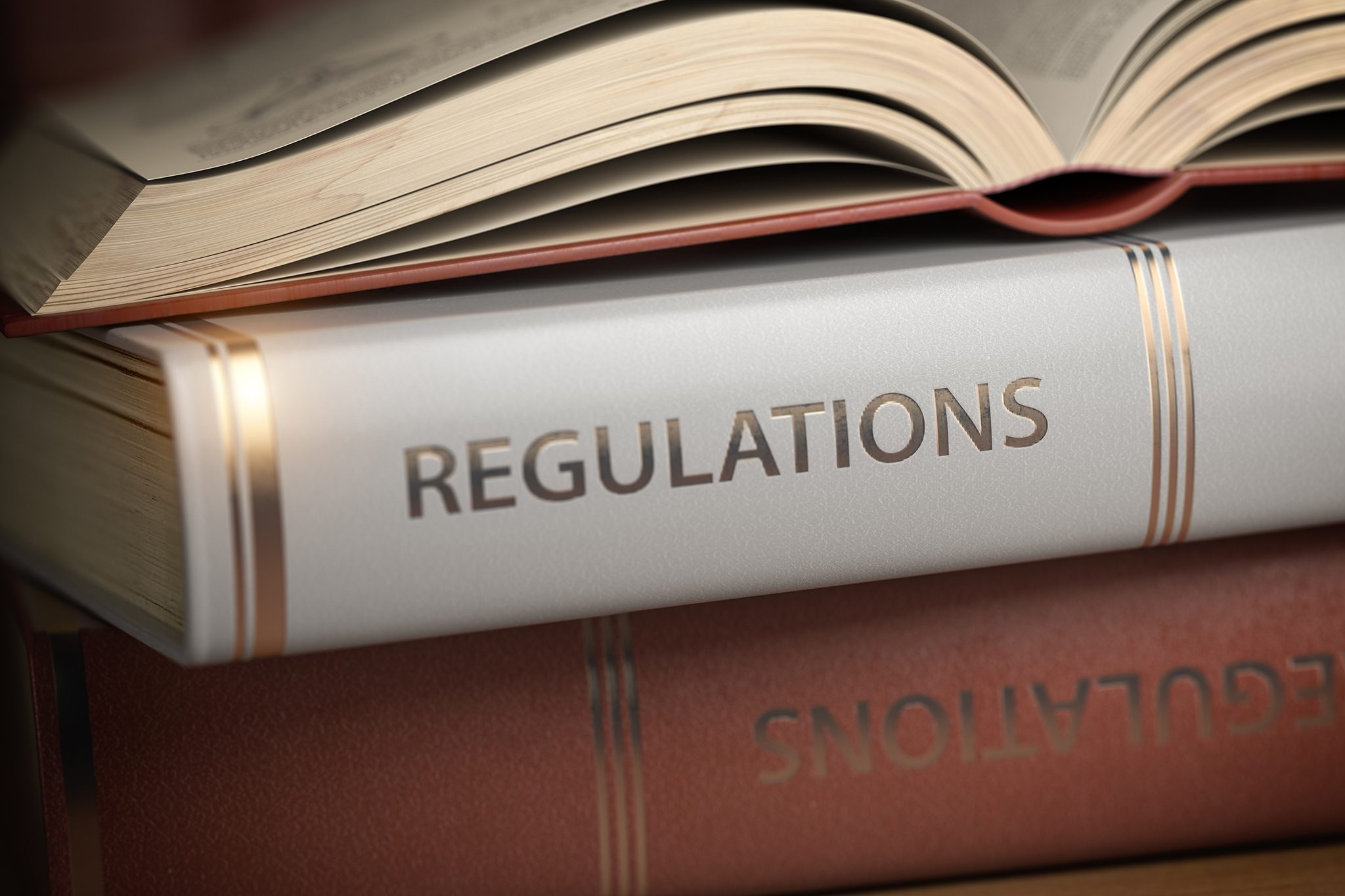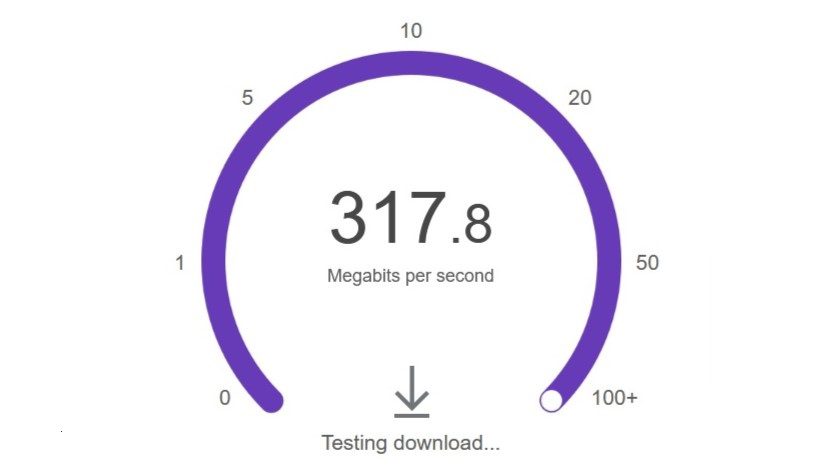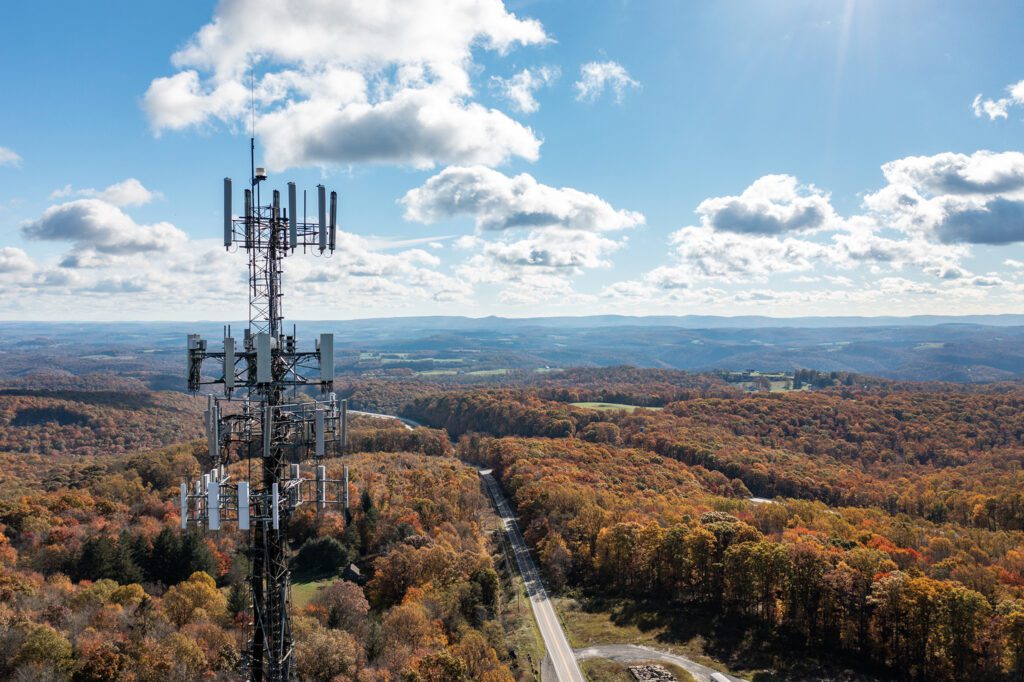ISPs Begin the Challenge Against FCC Title II Order
Randy Sukow
|

CTIA – The Wireless Association has filed a petition with the U.S. Court of Appeals for the District of Columbia Circuit to turn back the FCC’s recent Declaratory Ruling, Order, Report and Order, and Order on Reconsideration imposing Title II telecommunications regulations on broadband internet service providers. It is the beginning of an involved case that ultimately could land in the Supreme Court.
“The FCC now claims for itself sweeping authority to regulate wireless broadband providers under Title II of the Communications Act of 1934, as amended – a statute originally adopted nearly a century ago to regulate old-fashioned telephone monopolies. The Order will harm consumers and should be set aside as unlawful,” CTIA said. The petition challenges the FCC’s authority to impose Title II on ISPs and the reasoning behind abandoning lightly regulated Title I information service status. The wording suggests future arguments based on the major-questions doctrine.
Along with the petition before the D.C. Circuit, a large coalition of groups representing ISPs on state and national levels filed a Joint Petition at the FCC to stay the effects of the Title II order. Among many organizations joining CTIA in calling for the stay were USTelecom – The Broadband Association, NCTA – The Internet & Television Association, ACA Connects – America’s Communications Association and WISPA – The Association for Broadband Without Boundaries. Without a stay, the order is scheduled to go into effect on July 22.
Movement to challenge the Title II ruling was triggered by the May 22 publication of the full order in the Federal Register. Publication opened a 10-day window to file challenges. Depending on whether there are additional challenges in other courts before the deadline, it is likely that the case will be heard in the D.C. Circuit.
The law firm Wiley Rein LLP published a blog post laying out the possible path of the case. “Given the importance of the issue, the losing party [in the D.C. Circuit] is likely to petition the Supreme Court for certiorari. At that point, the Supreme Court will either deny [leaving the circuit court’s decision in place] or grant [and decide the issue for itself],” the firm said. “This process is likely to take months or even years, though the process could be accelerated if the parties seek [and appeal] a stay of the order pending review.”
The blog post also offered the possibility that the coming presidential election could determine the outcome. A Republican-majority FCC could reverse the latest Title II order, just as it did after Donald Trump’s election in 2016.


